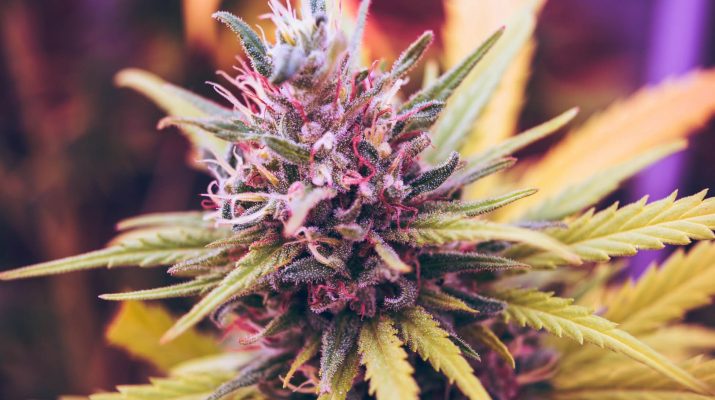
The legality of hemp flower, particularly when it comes to the cultivation, sale, possession, and use, varies significantly from one jurisdiction to another. It is essential to be aware of the specific laws and regulations in your region or country. Below is an overview of the general legal status of the best hemp flower in different jurisdictions:
United States:
Hemp flower is legal at the federal level in the United States, thanks to the passage of the 2018 Farm Bill. According to this legislation, hemp is defined as cannabis plants containing less than 0.3% Delta-9 THC by dry weight. As long as hemp flower meets this definition, it is legal to cultivate, process, and distribute. However, states have the authority to impose additional regulations, so it’s crucial to check state-specific laws.
Canada:
In Canada, the cultivation and sale of hemp flower are regulated by federal law. Hemp flower containing less than 0.3% THC is considered legal, and licensed producers can cultivate and sell it. The sale of hemp flower for recreational use is permitted, but it is subject to provincial regulations, and the legal age for purchase may vary by province.

European Union:
In the European Union (EU), hemp cultivation and the sale of hemp flower are subject to regulations that ensure compliance with THC limits (usually 0.2% or 0.3% THC). Member states have some flexibility in implementing these regulations, so there can be variations in how hemp flower is treated from one country to another within the EU.
United Kingdom:
The UK follows EU regulations on hemp flower, with a maximum allowable THC content of 0.2%. As long as hemp flower meets this criterion, it is legal to cultivate and sell. However, the UK has left the EU, and changes in regulations may occur over time.
Australia:
In Australia, hemp cultivation and the sale of hemp flower are regulated by federal and state laws. Hemp flower with THC levels below 1% is typically considered legal. However, regulations can vary between states and territories, so it’s important to be aware of local laws.
Other Countries:
Hemp flower laws differ widely across the world. Some countries have legalized it for various purposes, while others maintain strict prohibitions on all forms of cannabis, including hemp. Always research and adhere to the specific laws and regulations in your country or region.
Important Considerations:
- Legal Definitions: The legal definition of hemp and acceptable THC levels can vary. Always check the specific limits in your jurisdiction.
- Cultivation and Distribution: Even in areas where hemp flower is legal, cultivation and distribution may require licenses and compliance with regulations.
- International Travel: Be aware that carrying hemp flower across international borders can lead to legal issues, even if it’s legal in your departure and destination locations.
- Local Regulations: Local regulations, such as age restrictions and licensing requirements, may apply in addition to national or state laws.
Conclusion
As the legal landscape for hemp and hemp-derived products is continually evolving, it’s essential to stay informed about any changes or updates to regulations in your area. Always purchase best hemp flower from reputable sources that provide lab-tested products to ensure compliance with THC limits and product safety.
